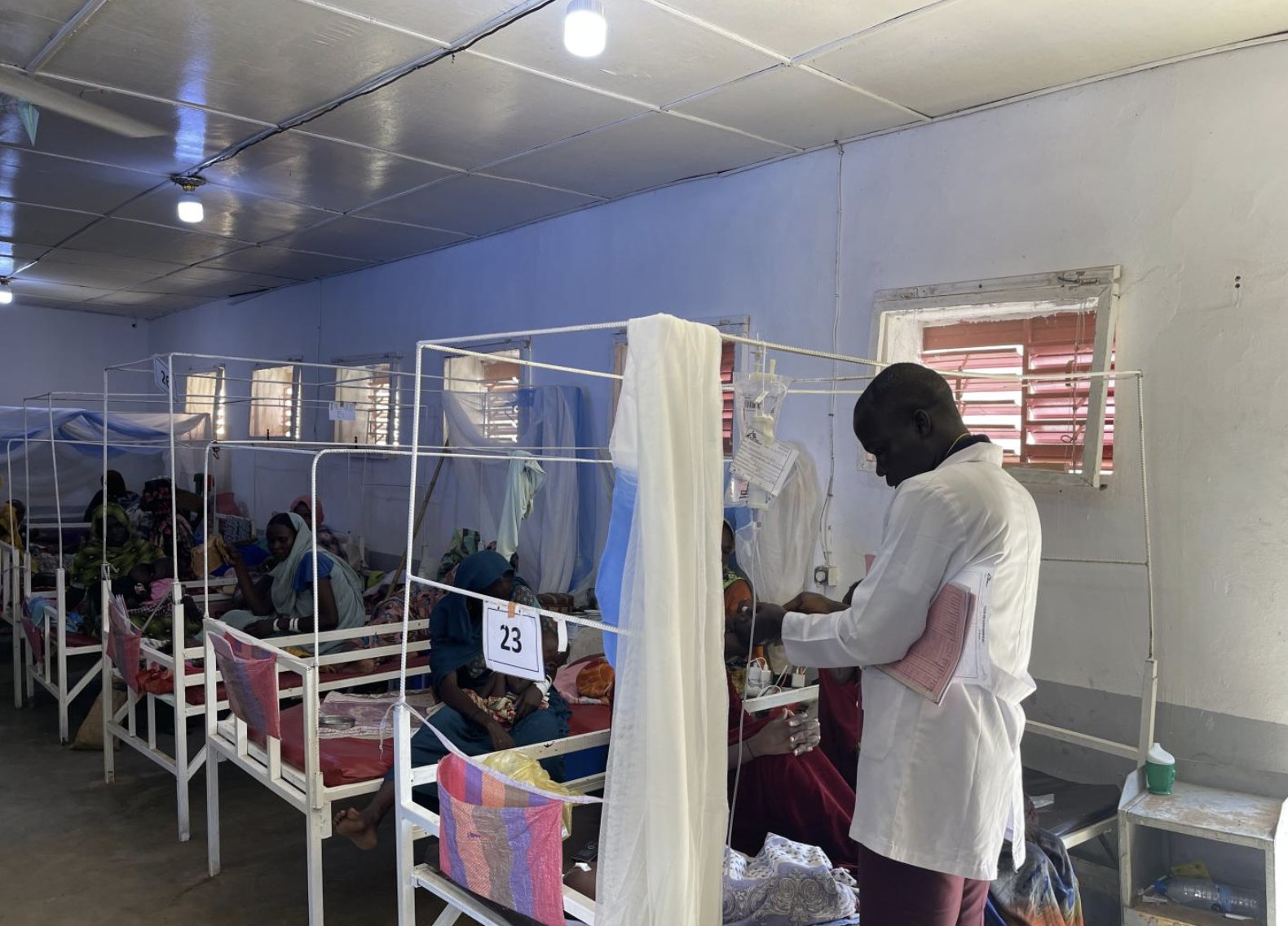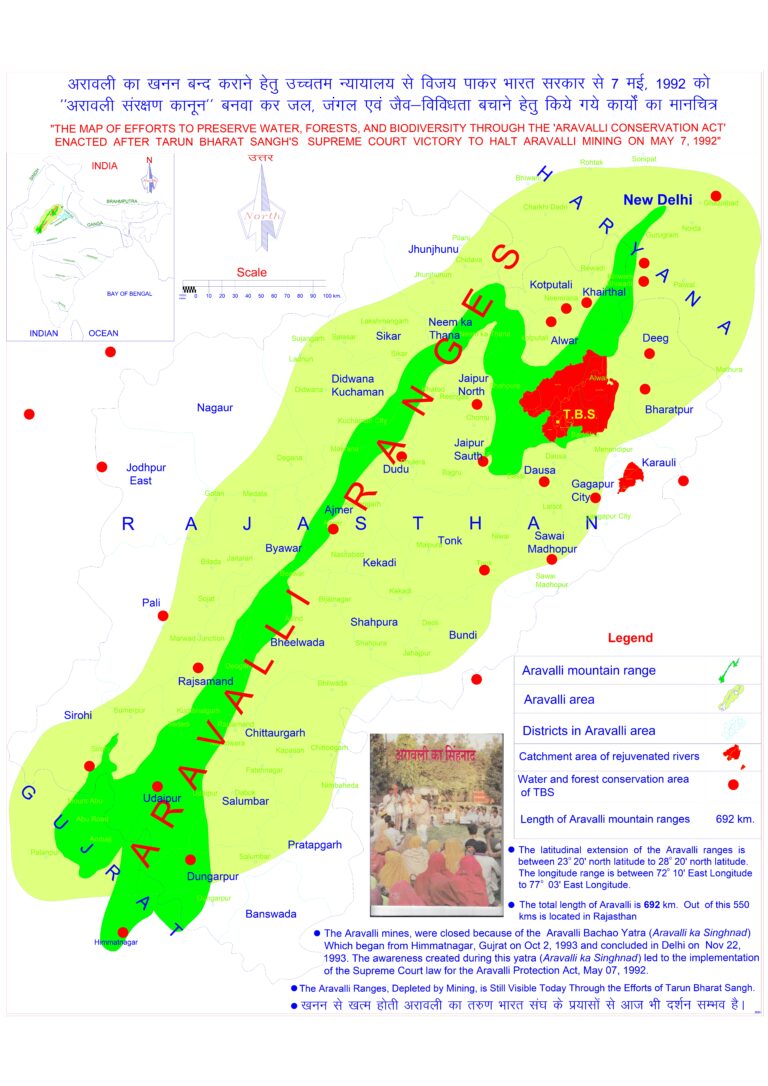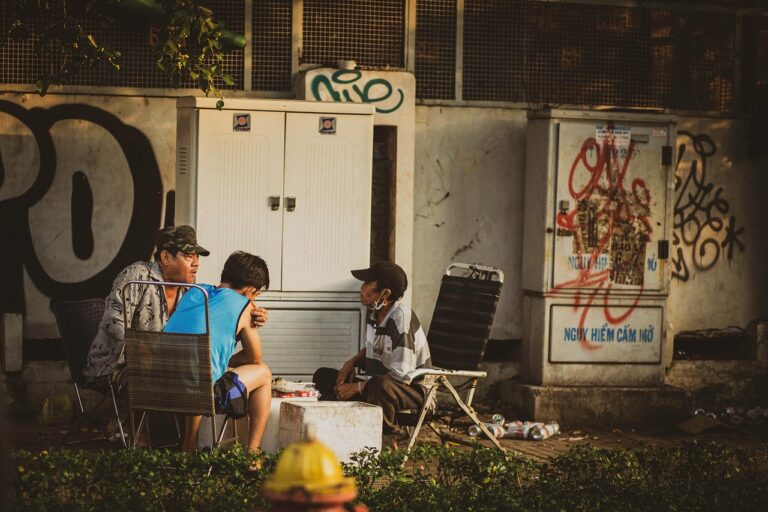
As the influx of people fleeing Sudan conflict to Chad continues to rise, WHO said it is stepping up support for the treatment of trauma cases & other war-related injuries. Photo courtesy @WHOAFRO|Twitter
Khartoum/Geneva/New York: Three months of violent conflict have left Sudan facing a catastrophic humanitarian crisis that has spilt into six countries, with 24 million people in need of humanitarian aid, including 2.6 million people internally displaced, and an additional 757 000 forced to flee across borders for safety. These numbers are growing every day. The United Nations Children’s Fund (UNICEF) says that, on average, more than one child has been killed or injured every hour since the fighting began in the country in mid-April 2023. The United Nations Secretariat said that figure is based on credible reports that at least 435 children have been killed and more than 2,000 injured in the past 100 days. “As these are just the numbers reported to UNICEF sources, the true figure is likely to be far higher,” Farhan Haq, Deputy Spokesperson for the UN Secretary-General, said in New York.
The World Food Programme (WFP) warned that over 40 per cent of Sudan’s population — that’s more than 19 million people — are now facing hunger due to the conflict. This is the highest number ever recorded in Sudan.
Adding a new worrying dimension to the conflict, Sudan Armed Forces General Yasser Al-Atta dared Kenyan President William Ruto to bring the Kenyan Defence Forces to a fight with his army. On July 23, 2023, he accused Ruto of funding his rival Rapid Support Forces (RSF) which has been battling the forces for the control of Khartoum. The animosity between the two forces has been simmering for months and Nairobi denied taking sides in the conflict.
The relentless fighting that has raged in Sudan since April 15, 2023, continues to claim lives, force people from their homes and country, and leave others trapped with limited access to essential services, including health care.
The Office of the United Nations High Commissioner for Refugees (UNHCR) has been warning of a serious health and nutrition crisis unfolding in White Nile State – where their teams on the ground say that nearly 300 South Sudanese refugee children have died from suspected measles and malnutrition since the conflict began.
For the hundreds of thousands who have sought refuge across borders, life remains precarious. Access to health services varies widely: many border areas where they have settled are remote and limited or weak health systems, including inadequate numbers of health workers. Several receiving countries—including the Central African Republic, Chad, Ethiopia, and South Sudan—already host large numbers of people displaced by protracted conflicts and who face dire living conditions without essential services. Still, the crisis is great and growing.
An aerial view of makeshift shelters of Sudanese, who fled the conflict in #Sudan‘s Darfur region, in Adre, #Chad July 20, 2023. REUTERS/Zohra Bensemra 📸 @bzohra pic.twitter.com/pofprB3glQ
— Bate Felix (@BateFelix) July 21, 2023
Inside Sudan, the situation has reached gravely serious levels, with more than 67% of the country’s hospitals out of service and with increasing reports of attacks on health care. Between April 15 and July 24, 2023, 51 attacks on health care have been verified by the World Health Organization (WHO), resulting in 10 deaths and 24 injuries.
“It is a tragedy and an outrage that in the middle of this deepening crisis, fighters continue to attack health facilities and workers, denying life-saving services to innocent civilians when they are at their most vulnerable,” Dr Ahmed Al-Mandhari, WHO Regional Director for the Eastern Mediterranean, and Dr Matshidiso Moeti, WHO Regional Director for Africa, said in a joint statement. They added: “When war wages, women and children will always pay a big price. We are appalled by reports of sexual and gender-based violence against women and girls; those who are displaced are especially vulnerable. Today, more than 4 million women and girls are at risk of sexual and gender-based violence, and they must be protected at all costs.”
Disease outbreaks – including malaria, measles, dengue, and acute watery diarrhoea – that had been well under control before the current conflict are increasing due to the disruption of basic public health services, including disease surveillance, functioning public health laboratory and rapid response teams. As the rainy season begins in Sudan, outbreaks are likely to claim more lives unless urgent action is taken to restore their spread.
Even before the current conflict, Sudan was facing enormous humanitarian and health needs as a result of conflict, food insecurity, climate change and a poorly functioning health system.
The current violent situation – without immediate prospects of peace –is only complicating access and delivery of humanitarian assistance, including emergency health supplies. “In Sudan, humanitarian access remains extremely limited,” the joint statement said.
WHO, which has had its teams on the ground since the eruption of the armed violence, said it was actively working with partners in the country and across the borders to ensure urgently needed life-saving medical supplies are delivered to those in need and surveillance system is strengthened to detect disease outbreaks and allow a rapid response.
“We stand with the people of Sudan and are committed to stay and deliver lifesaving aid despite the serious challenges impeding our response. We call for the protection of civilians, humanitarian workers, health facilities, personnel and patients, whose safety must be respected by all warring parties,” the joint statement said.
– global bihari bureau





